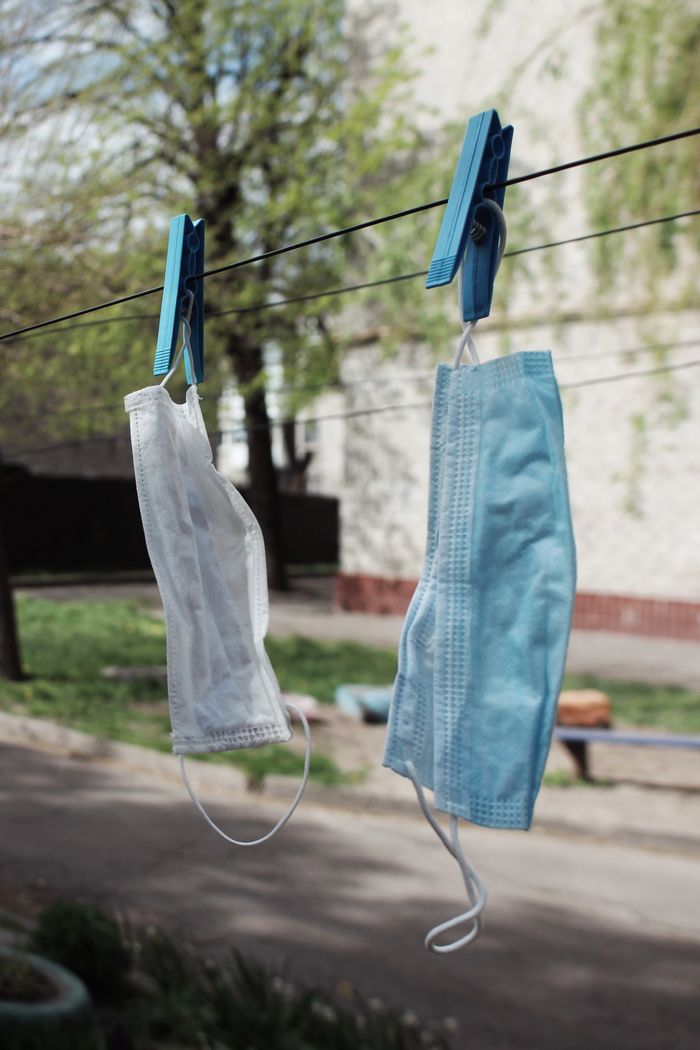Tourism is one of the most important sectors in South Africa’s economy. However, since March hotel beds sit empty in the face of COVID-19. The utterly consistent national lockdown performed by the South African government has lead to domestic and international tourism plummeting from one day to another. This particularly affects 740,000 employees working directly in the tourism sector as well as 1,4 million jobs that are dependent on the tourism industry.
Strategies of tourism providers in South Africa to balance the effects of COVID-19
A recent survey of the South African Department of Tourism highlights that from 1,610 tourism businesses that took part, 99% were affected by the pandemic. 83% reported their revenues in March 2020 were down by more than 50% compared to March 2019, one third even reported 100% less. To mitigate to the crisis, more than two thirds of businesses temporarily closed their doors, followed by significant downscaling.
But some operators have chosen a different way: With their free capacity, they decided to support South Africa to overcome the crisis. The Federated Hospitality Association of Southern Africa (FEDHASA) is currently working closely with the Department of Health and has already facilitated the use of three hotels in Gauteng as quarantine facilities. Other accommodations keep their doors open and offer paying guests a safe home during COVID-19 self-isolation. The community-owned Bulungula Logde follows a different approach. The Eco-Lodge in the poor Nqileni area has converted as a Safe Home Venue for the elderly in the community. The accommodations are completely fenced off to guarantee a safe home for those over 60 with pre-existing conditions.
Another example is the platform Ubuntu Beds. Especially in bigger cities, some hotel and accommodation owners have joined the initiative. Its objective is to match empty beds in hospitality businesses that are located within a few kilometres of cities’ major hospitals with the needs of essential doctors, nurses and other medical professionals in South Africa. Kim Whitaker, the founder of Ubuntu Beds and hotel owner herself, has talked to us on May 28th to give some insights on the initiative’s aims, challenges and outlook.
Kim, hotels in South Africa are closed due to COVID-19 - therefore you have decided to give empty hotel rooms a new function. How does Ubuntu Beds work?
I have launched Ubuntu Beds to unite hospitality businesses that now stand empty with healthcare workers. They run at especially high risk of infecting their families and others with COVID-19 while travelling to and from work. Since the breakout of the pandemic, already hundreds of health workers, especially nurses, have become infected. A lack of Personal Protective Equipment, over-exposure due to shortage of staff and long commutes in public transport are all said to have contributed to its spread. The initiative makes private accommodation near work accessible at no cost. Here, health workers have a safe home to stay and are thus able to protect their friends and family. Specialist cleaning companies clean the rooms post stay using COVID-19 fog to ensure no cross-contamination occurs.
The concept relies on offers from hotel operators and donations. Who are main donors that contribute to maintaining Ubuntu Beds?
Our goal is to raise 850,000 Euro funding through private donations and corporate sponsorship to accommodate up to 2,500 public healthcare workers over the next four months. To date 919 establishments with approximately 15,700 rooms situated across the country, close to hospitals and clinics, have signed up to the platform. We receive donations from small companies and private individuals. But main donor is FirstRand, a South African bank. With its “South African Pandemic Intervention and Relief Effort” (SPIRE), it aims to assist the Government and its partners in mitigating the health and economic impacts of COVID19.
Your objective with Ubuntu Beds is to contribute to common good. Does your commitment also pay off for the hotel operators themselves?
Ubuntu Beds has given us a way to show our gratitude to the healthcare heroes while supporting local tourism businesses. We believe that Ubuntu Beds is a four-way win: Health workers can be accommodated closer to their workplaces, health workers’ families are protected from being infected, empty beds are filled, and job retention is improved in the hospitality sector. By offering accommodation it means hotel operators can keep their doors open and most importantly retain their staff. So the benefit is that they can use their assets, and keep a small staff compliment going and contribute towards being part of the solution. Also, participating in Ubuntu Beds creates positive PR during times of crisis.
The pandemic is not over, yet. Nevertheless, more and more countries are currently discussing to re-open borders for tourism. As you have been diagnosed with COVID-19 yourself after travelling to Europe in March - what do you think about getting back to usual tourism so fast?
I can't speak for all of our providers, but many in the industry are keen to see the borders and airports re-open, and to return to "business as usual". A lot of work has gone into developing safety guidelines for the tourism industry and we have been involved from the beginning in this process. However, I am cautious about re-opening the industry, as I believe it will come with a surge in infections and deaths. Keeping tight controls in place is of course key, but the virus infection rate is very high even in hospitals making the infections in accommodations inevitable. I believe frontline hospitality employees will be the worst affected and I don't believe the industry is fully prepared for the emotional repercussions of staff members becoming very ill. We are busy developing training videos on how to operate self-quarantine, self-isolation facilities in South Africa, and hope to share these with the industry.


